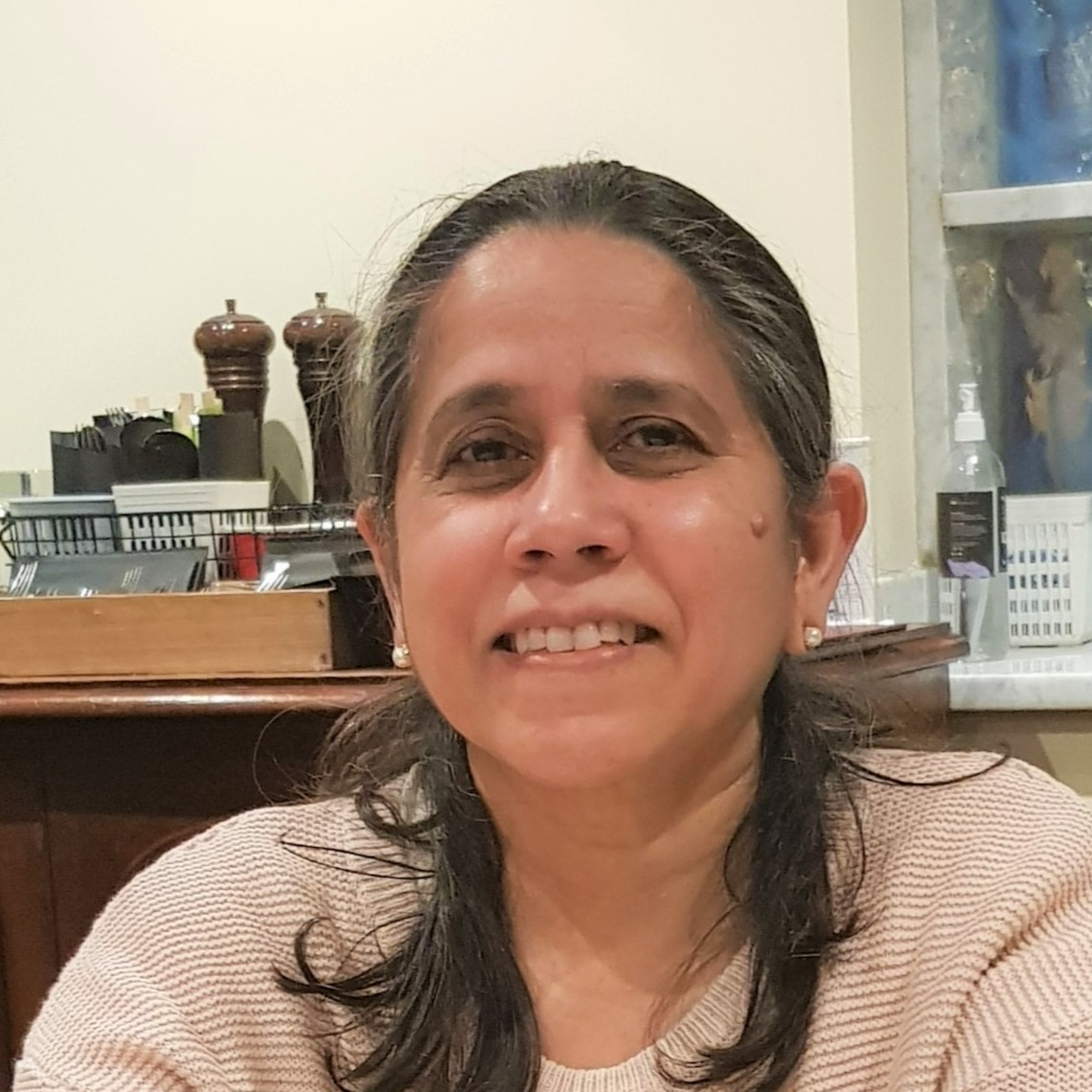Puneeta Thakur
Doctor of Philosophy candidate
Urban Design

Biography
Puneeta Thakur is a Ph.D. candidate in the Faculty of Architecture, Building and Planning (ABP) at the University of Melbourne, Australia. Her research interest lies in disability access to urban environments. She is passionate to make the world a better place for people with disabilities. She holds a Master of Philosophy from ABP, The University of Melbourne, and a Bachelor of architecture from Chandigarh College of Architecture, India.
Prior to shifting her career focus onto academia, Puneeta worked for more than 20 years as a senior associate in Chandigarh-based reputed architectural firm ‘Designers International’. She worked on many award-winning commercial and housing projects, most of them also won through national design competitions. She was a visiting faculty to the Chandigarh College of Architecture and taught Architectural Design and Theory of Architecture.
Thesis
Pursuit of happiness for wheeled mobility device users in urban public spaces: Producing an evidence-informed model
Conventional placemaking approaches typically consider wheeled mobility device (WMD) users, such as wheelchair or mobility scooter users, as physical entities moving in city spaces and focus only on meeting physical access needs. Whereas people in WMDs are humans who have emotions and are alive to experiences. Unless their emotional needs are met, negative experiences for them will continue.
This project undertakes the challenging task of exploring WMD users' innermost feelings and emotional experiences in urban public spaces. With an underlying aim to provide WMD users with an enjoyable and positive experience of negotiating public spaces, this project seeks to identify enablers and barriers to the happiness or the psycho-emotional wellbeing of the WMD users. For this, ethnographic studies are proposed, where the arousal and affective states of both WPMD users and urban designers will be investigated as they co-experience public spaces. The knowledge so advanced will be used to develop an evidence-informed model that can inform sensitive and appropriate approaches to placemaking WPMD users.
Expanding the conception of human needs beyond the physical, to consider the psycho-emotional needs of WPMD users in public spaces offers an original contribution. Outcomes will have the capacity to inform planning policy development to benefit important members of our community.